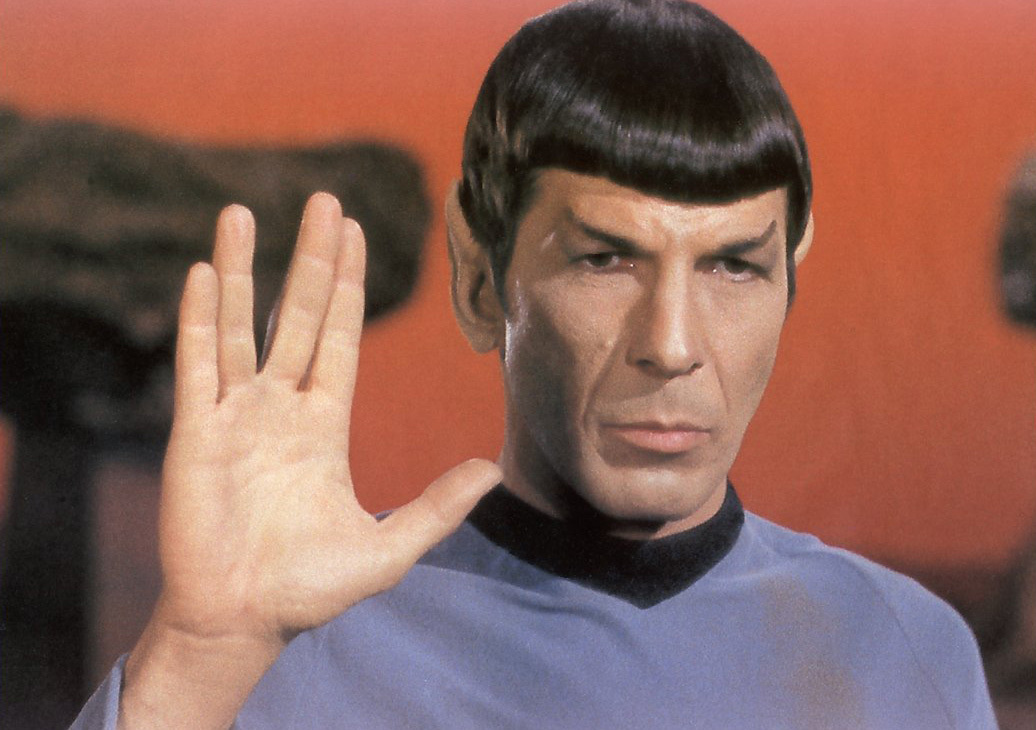The problem you run into with most stereotypical representations of these alignments, is you get very 1 dimensional characters. The Lawful Good guy is the always annoying stick in the mud, who always plays by the rules, always "moderates" the other players in the traditional party, and basically is portrayed as being incredibly dull and uptight.
But there are plenty of examples of Lawful Good that seem to be popular with people, you just have to not go with the traditional view of them.
Some good examples from games/books/pop culture that I can think of, which might help you a bit more:
Michael Carpenter from the Dresden Files. He's a very good person. Virtuous, decent, loving, etc. But he's not a stuck up asshole either. He has his code of beliefs and behavior, and he sticks by it, no matter what the temptation, or the "easy path".
Superman. What else needs to be said? He's Superman. Pretty much every depicition of him is the poster boy for Lawful Good.
Eddard Stark, as mentioned above is another good example.
In fact, how about we provide examples of Lawful Good and Neutral Good characters, to help show the difference in the two.
But the short version would be, in my opinion.
Neutral Good will try and find a way to solve a problem in a positive way, and is willing to maybe make some bargains or concessions with his system of "Rules" that he normally operates by. "I normally don't steal a car, but I really need to get this person to a hospital." The Lawful Good would likely call the police, even if it means he would be arrested for what previously happened in the scene, but if it means emergency responders show up and take his friend to the hospital, well that's ok. "No I'm not going to steal a car, but I will walk 2 miles to find help, or let myself be caught and questioned, because I'm not going to leave you here by yourself until help arrives."
That's a rough example I can think of.



